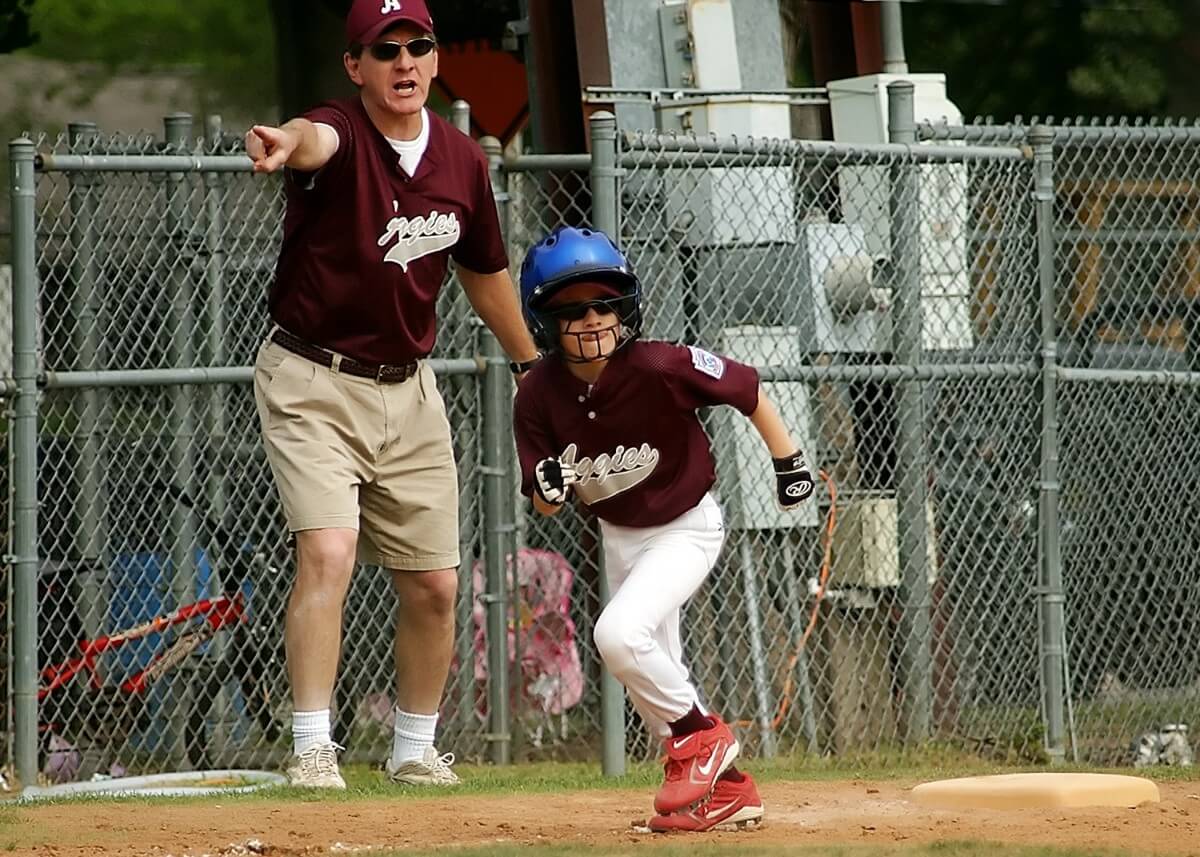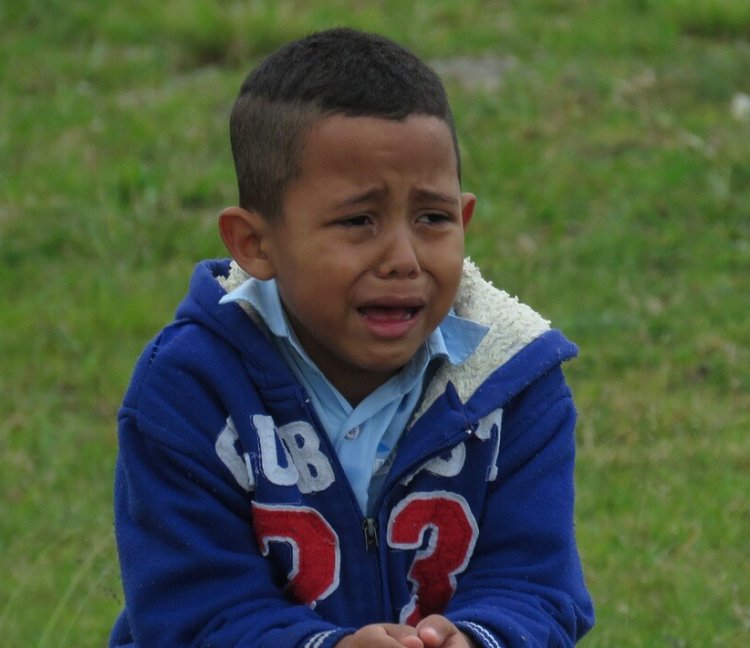
(2 Minute Read)
The profession of sport coaching not only requires the initial development of core coaching responsibilities (SHAPE America, 2019), but also engagement in lifelong learning to continue to develop coaching competencies over time (Gilbert, 2016). While there are varying approaches to coach learning (Cushion et al., 2010), coaches’ evaluation of their current practice can provide insight into what and how to improve. This article identifies three evaluative processes that may help coaches identify their coaching strengths and areas to target for further growth and development.

